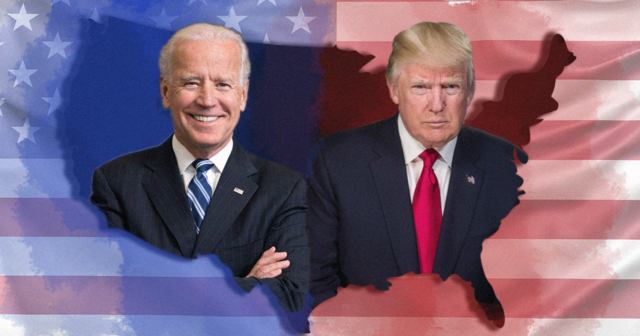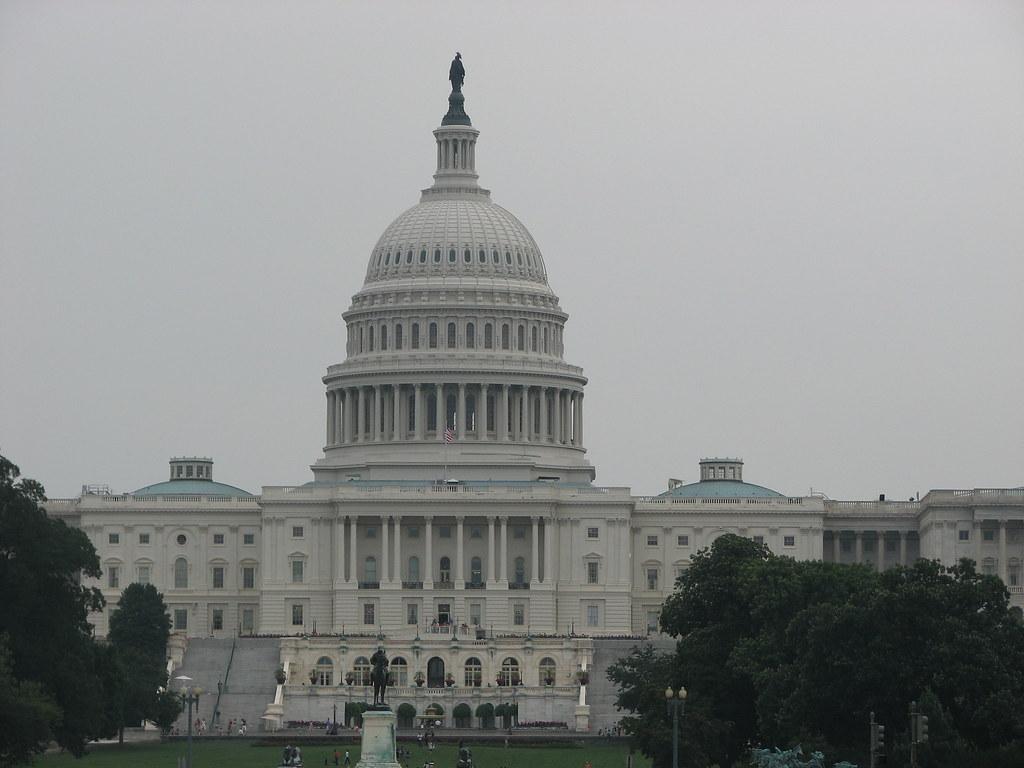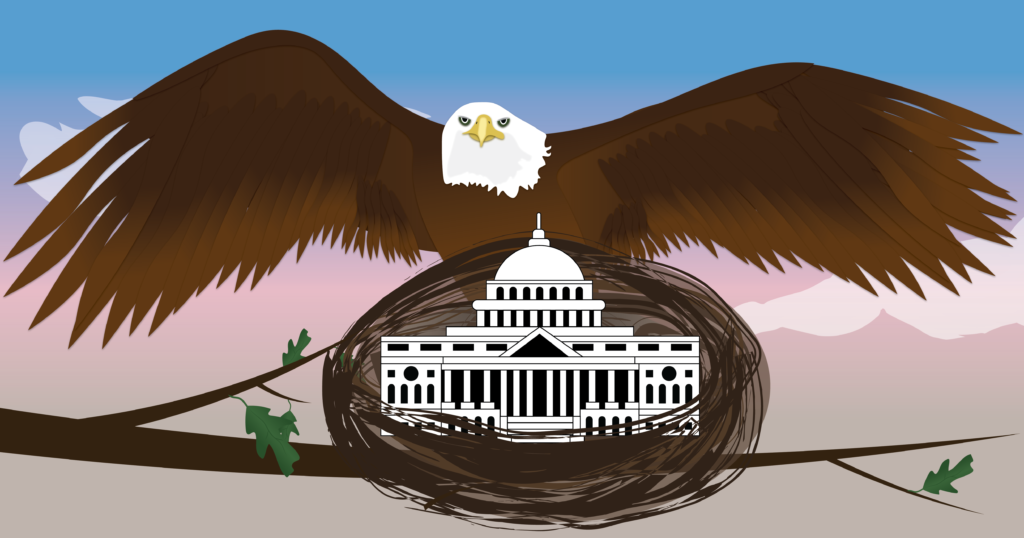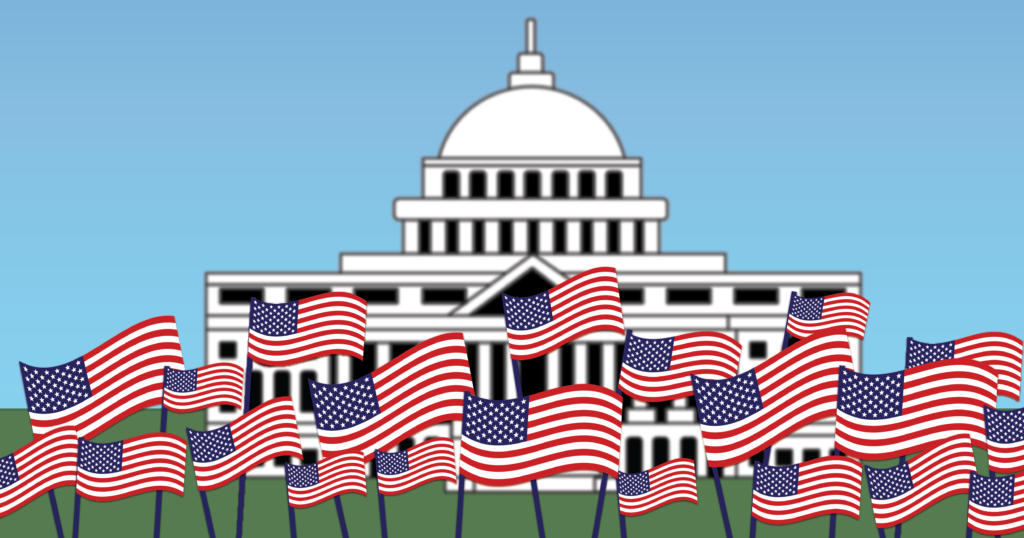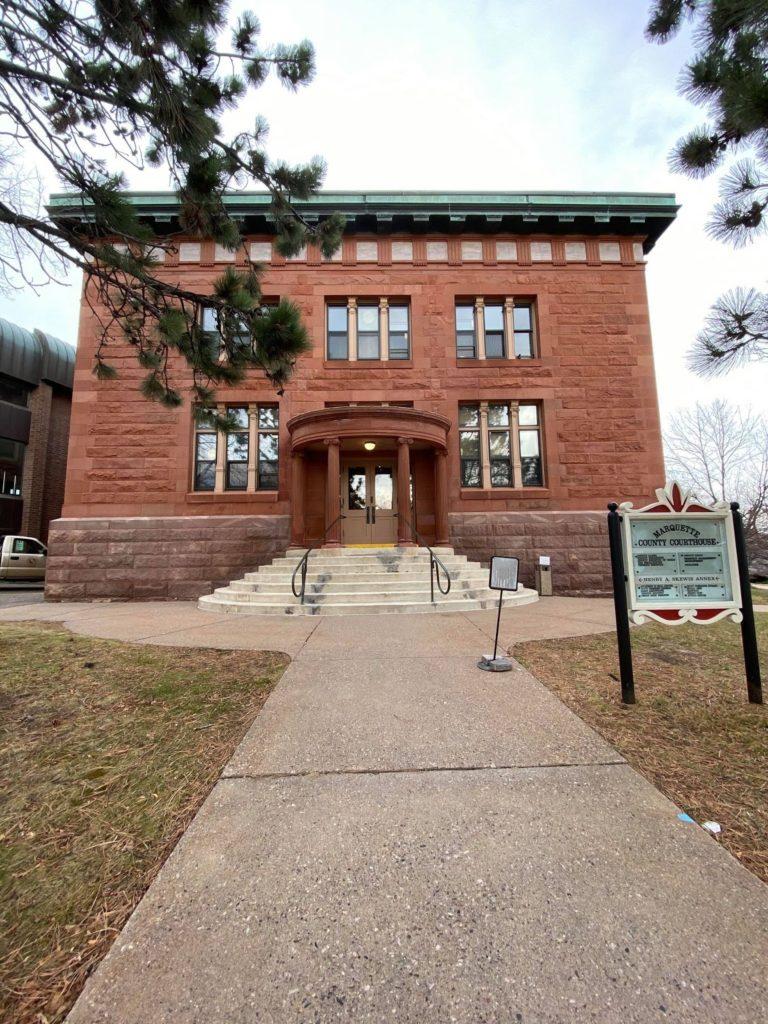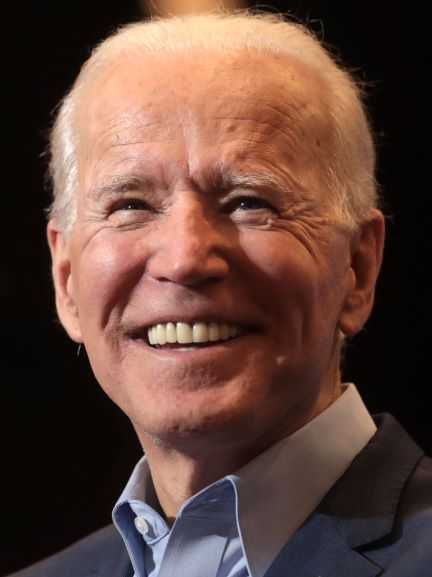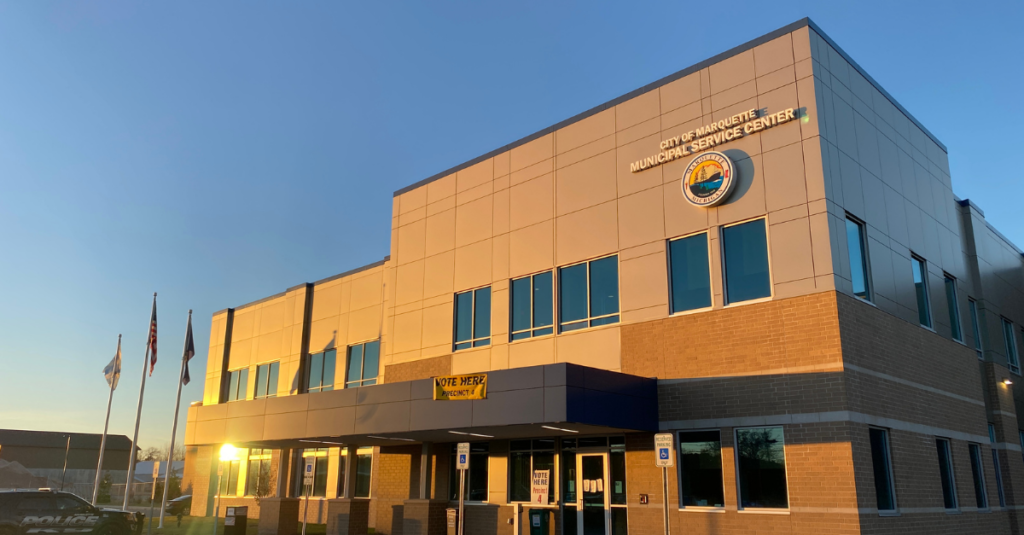Even though ASNMU’s Election Results Screening event has been canceled due to rising COVID-19 cases on campus, students are still encouraged to watch the election results on Tuesday evening. The event was originally going to take place from 7 p.m. to 1 a.m. in Jamrich and would provide a space for students to watch local and national election results on a big screen and in a comfortable environment.
While spending seven hours watching election results alone may not be everyone’s idea of a good time, ASNMU President, Emma Drever, recommends students to at least pay attention to the final results and future government decisions.
“Especially as students, we are in a very interesting position where politicians determine both our present and our future because, at a public university anyway, the state passes a budget that will give us certain amounts of funding for education which will affect how tuition increases or decreases and stuff like that. It is important to stay informed about what those people are doing,” Drever said. “Then in the future, as we enter the workforce, what kind of economy do we want to have in place and what kind of health care systems do we want to have in place? What do we want the country that we inherit to look like? It is important to care about that.”
Sophomore and international studies major Olivia Dunn was originally planning on attending ASNMU’s election results screening event but says she will now watch them at home with her roommates.
The debates and live coverage of election results will be available on multiple sites, including C-SPAN, CNN, Fox and even YouTube, so students can tune in while they work on other projects.
“I think it is important to be politically engaged because of what is being decided in the government right now, from the local elections all the way to the national level, is going to influence what your future looks like when you graduate college,” Dunn said. “Even when you are in college, the decisions that are being made by the government impact your health care, the jobs that you are going to be going into, travel … and human rights and immigration. I hear people say that they are not into politics as if it is a trend, but what happens in our government truly does determine our future.”
It may be important to stay up to date on political happenings and election results, but senior sociology major Zoe Folsum, realizes that there needs to be a balance between being informed and maintaining positive mental health.
“I plan on checking [the results] but also know that it can be kind of stressful, particularly this year because we are probably not going to have finalized results on election day,” Folsom said. “Continually refreshing your computer page every five minutes on election day might not be the best thing for your mental health.”
While dealing with the stress of elections is different for everyone, she recommends taking breaks and staying aware of your stress levels, as well as connecting with the other people in your life.
“I wish that I had a perfect, well-formulated answer for everyone to be able to balance all of the stressors that are currently acting upon us because I am also trying to figure that out. Particularly with the recent rise in COVID-19 cases, there are so many things that we are trying to keep in mind,” Folsom said. “If this election, especially the presidential election, is something that is really close to you and you have a lot of emotions tied to it, maybe you are worried about what things will look like afterward, check in with other people. Have those conversations and be honest about it because it is ok to feel stressed out and uncertain and to not know exactly what things are going to look like. That has kind of been our new normal all year.”
Trying to balance stress from the pandemic, the end of the semester work and election results, all without a semester break, can be difficult. Drever encourages everyone, including professors and faculty, to take it easy on election week.
“This year is unlike any other in so many different ways. First with the pandemic and I had never had an online class before last semester ever in my entire life … we don’t have a semester break and this is the [twelveth] straight week of learning we’ve done and let me tell you, I am so tired,” Drever said. “There are all these different kinds of fatigue and then the election itself is very contentious … I have definitely been talking to individual professors because we don’t have a day off on election day to encourage easier processes for voting. I’ve just been saying like ‘hey, please do not schedule exams and please do not schedule papers or big projects on election day or on the day after, because then students don’t have to feel guilty about [choosing to vote over going to class] or [watching the results instead of studying].’”
All of these factors adding up can be very stressful, but Dunn is taking a different approach to deal with election day anxiety.
“When it comes to elections, all you can really do is exercise your right to vote because what is going to happen with the elections and the results, other than your voting, is out of your control. We may be stressed but we have to remember that it is out of our control,” Dunn said. “Once you vote, it is up to the other results so you have to be patient and do something for yourself.”
While voting in person may be an easy way to be involved in politics, counting up the votes and declaring results is a much more difficult task.
According to Drever, local election results as well as different senate races will likely be determined on Nov. 3. However, she doubts there will be a conclusive answer for the presidential race that night.
“Every state has its own election laws and different standards which means it takes a minute for all the systems to come together and then with just how contentious the country is, how divided the country is, it is not clear who will win and it could go either way,” Drever said.
Due to the COVID-19 pandemic, this year has also seen an increase in absentee ballot requests nationwide. According to an Oct. 30 press release by the Michigan Secretary of State, Michigan alone has had 2,631,430 ballots returned of the 3,326,389 requested, as of Oct. 30. This is a lot of ballots to count in one day, especially considering Michigan law doesn’t allow votes to be tallied before Nov. 3.
Having access to absentee ballots has made it easier for people to vote during the pandemic but if you have not had the chance to vote yet, polls will be open on Nov. 3 for in-person voting. Don’t forget you can also register to vote on election day at the city clerk’s office.
Polling locations in Marquette are at St. Christopher Church Basement, 2372 Badger Street and at Marquette Township Community Center, 1000 Commerce Drive.























